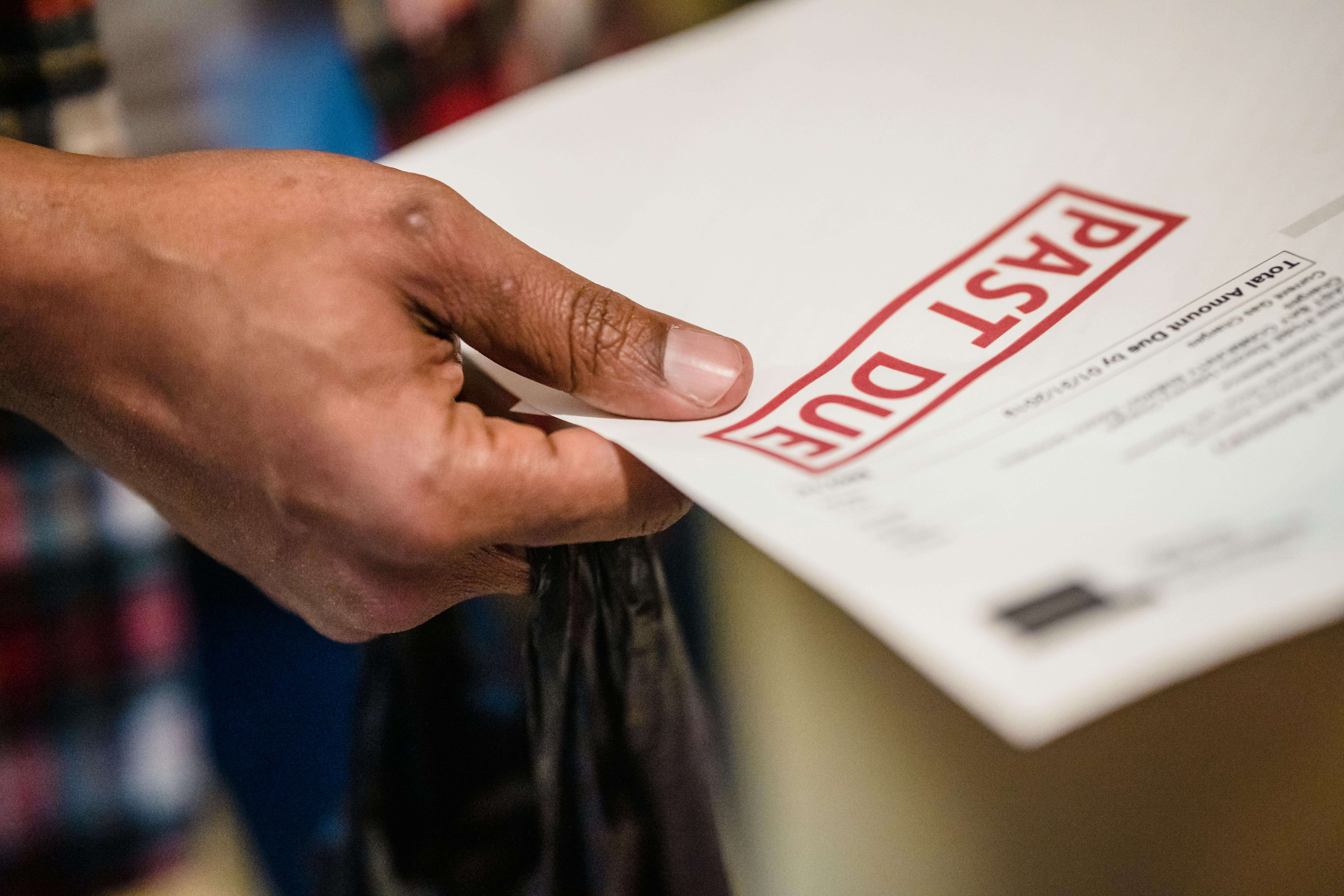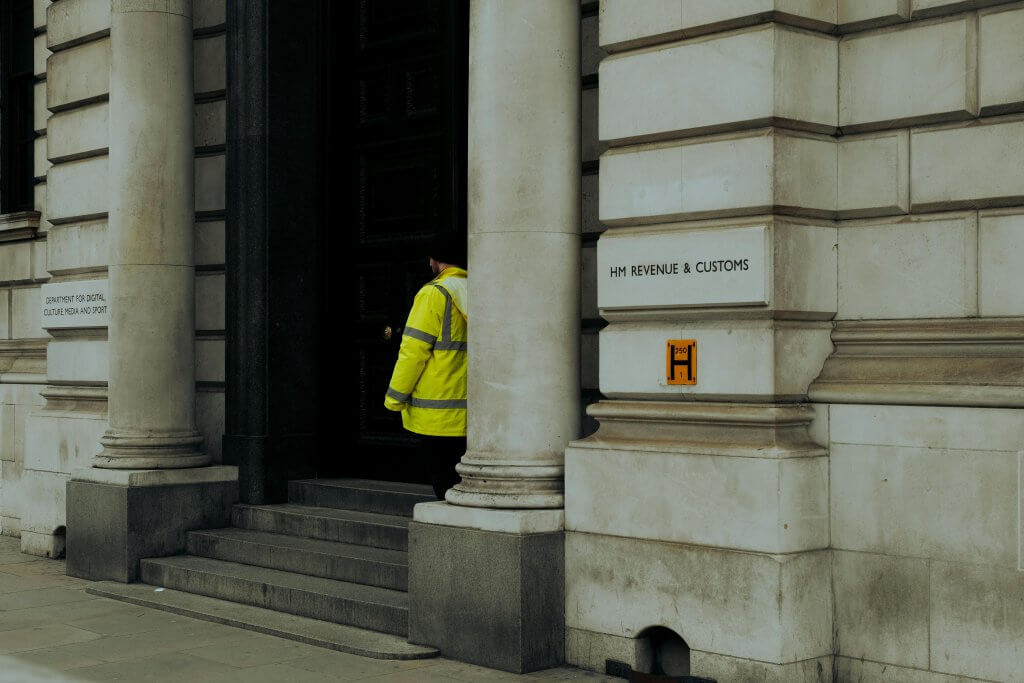If you’ve borrowed money to keep your business going, you’re not alone. Running a limited company often means taking risks. And when cash is tight, high-interest loans or short-term borrowing can feel like the only option. But when the repayments start to eat away at your cashflow, the stress can mount quickly.
If you’re struggling with company debts, the most important thing to know is that you do have options. And getting help early is one of the best business decisions you can make.
Take these actions today
Plenty of small business owners have used high-interest borrowing to stay afloat. You might have used a loan to cover payroll, rent or a tax bill. But with staggering interest rates and an aggressive recovery process, it doesn’t take long to feel out of control.
These are some helpful questions to ask yourself right now:
- Do you remember signing the full terms and conditions?
- Did you give a personal guarantee? If so, what are the implications?
- Were you borrowing as the company or in your own name?
You don’t need to know all the answers. That’s what we’re here for. But thinking through these questions can help you start to see the shape of the problem—and what you need from the solution.
Get help answering these questions and practical advice on what to do next, by contacting our experts for free, confidential advice.
Borrowed from online lenders?
High-interest borrowing can seem like a lifeline. But it often creates a new kind of problem. What starts as a short-term fix can quickly become unsustainable.
We regularly speak to business owners who took fast loans through platforms. The process is quick, the application is light touch, and the money lands fast. But the repayments are steep—and if you fall behind, the tone can change quickly.
Many borrowers don’t remember the fine print. They’re not always clear on whether they signed a personal guarantee. And they don’t expect the level of pressure that follows when things go wrong. These lenders have strong recovery departments and legal teams. So, if you’re feeling out of your depth, know this: you’re not the only one. And we can help you handle it.
Our insolvency experts can give you free, no-obligation advice today—and help you take back control of your company’s finances.
Unpaid Bounce back Loan debt?
Bounce Back Loans were a lifeline for many small businesses. But now the repayments are kicking in and, for some, they’ve become a source of real financial stress.
If your business hasn’t recovered as expected, you might find it hard to keep up. Unlike other loans, Bounce Back Loans are government-backed. So if the company becomes insolvent, the Bounce Back Loans is part of the company debt.
You’re not personally liable—unless you’ve made decisions that could be challenged (like taking money out of the company while insolvent). That’s why it’s so important to get advice early.
We can talk you through the best way to deal with a BBL, including what happens if you can’t pay it back.
Dealing with HMRC debts
Owing money to HMRC can feel particularly stressful. They have strong enforcement powers and when communication breaks down, things can escalate fast.
If you’re behind on PAYE, VAT or Corporation Tax, it’s important to act quickly. We can help you:
- Understand what you owe and where you stand
- Speak to HMRC and request a Time to Pay arrangement
- Suggest alternatives solutions to deal with your HRMC debt
If the debt has already escalated, we can also help protect your business using formal insolvency solutions. HMRC is often willing to work with business owners who are proactive and realistic—but having someone experienced on your side can make a big difference.
Delaying action can limit your choices, especially if creditors take legal action. Acting early gives you the best chance of saving your business, protecting your personal position and reducing the impact of limited company debt.
How can we help if you can’t repay high-cost business debt?
If your business is struggling with company debts, you may have more options than you realise. One of our licensed insolvency practitioners can talk you through formal solutions designed to give you breathing space, protect your business, or help you close in a controlled and fair way.
Company Voluntary Arrangement (CVA)
This is a legally binding agreement between your company and its creditors to pay back what you owe over time, in a way that works for your cashflow. You continue trading while repayments are made in monthly instalments. A Company Voluntary Arrangement could also freeze stop legal action while its in place.
Creditors’ Voluntary Liquidation (CVL)
If your company can’t continue trading, Creditors’ Voluntary Liquidation is a formal process to close it down. Assets are sold to repay creditors, and remaining debt is written off. It’s a legal way to responsibly deal with company debts and move forward.
Company Administration
If your company is viable but in immediate financial distress, Company Administration provides legal protection while a recovery or sale is planned. An insolvency practitioner temporarily takes control to manage the process and work toward the best outcome for the business and its creditors.
Each of these routes has pros and cons depending on your situation. We can walk you through the options and help you make the right decision for your circumstances.
Take back control today
Getting the right help at the right time can stop a tough situation becoming a crisis. Whether your company can be saved or needs to be closed, there are legal, fair and manageable ways to do it.
You don’t have to keep struggling. You don’t have to carry the stress alone. And you don’t have to figure it all out without support.
If you’re worried about company debts, now is the time to have that first conversation. It’s confidential, it’s practical, and it could be the first step towards peace of mind. Get in touch for a free, confidential consultation today.




